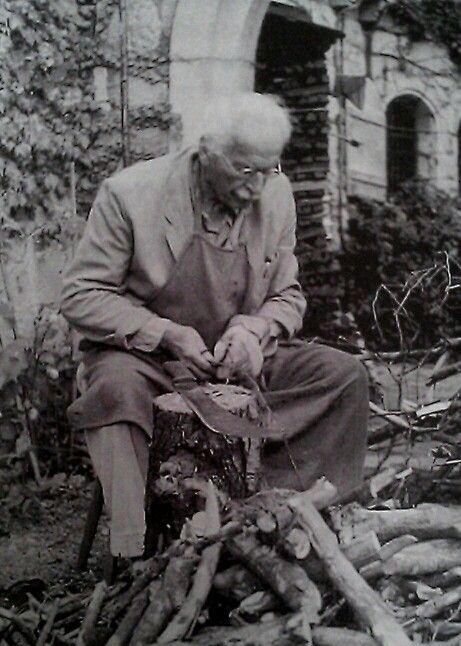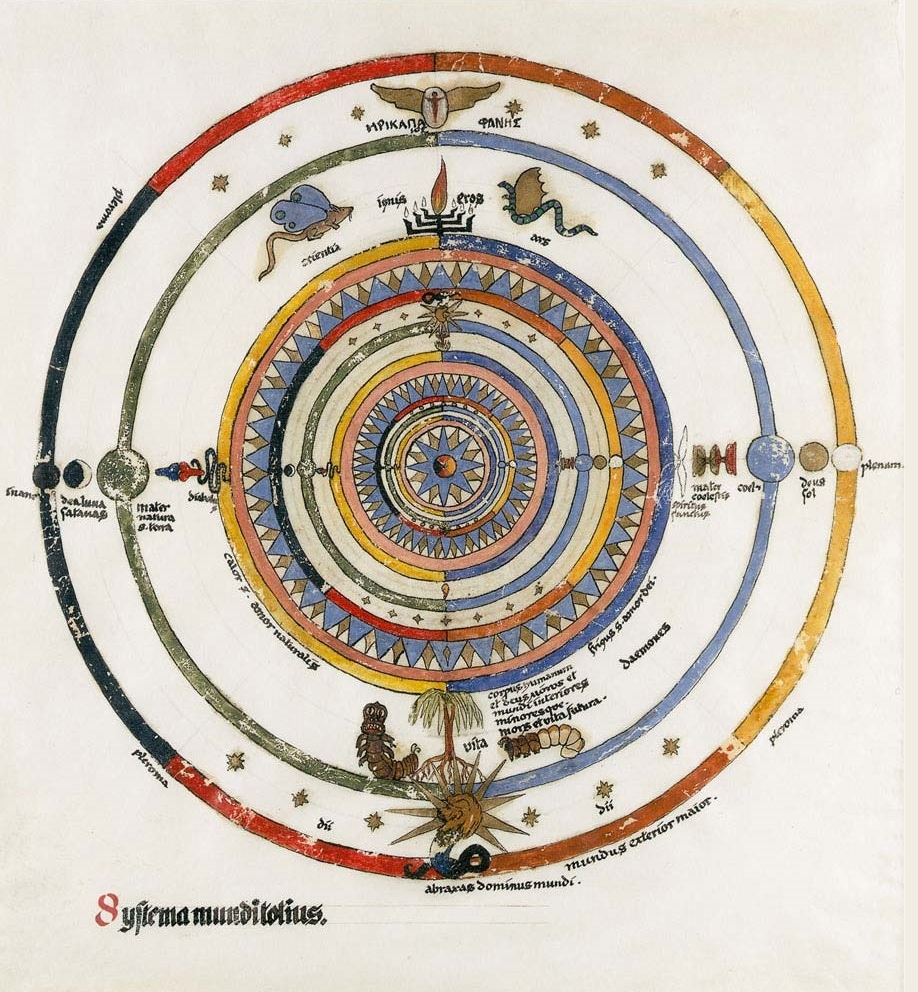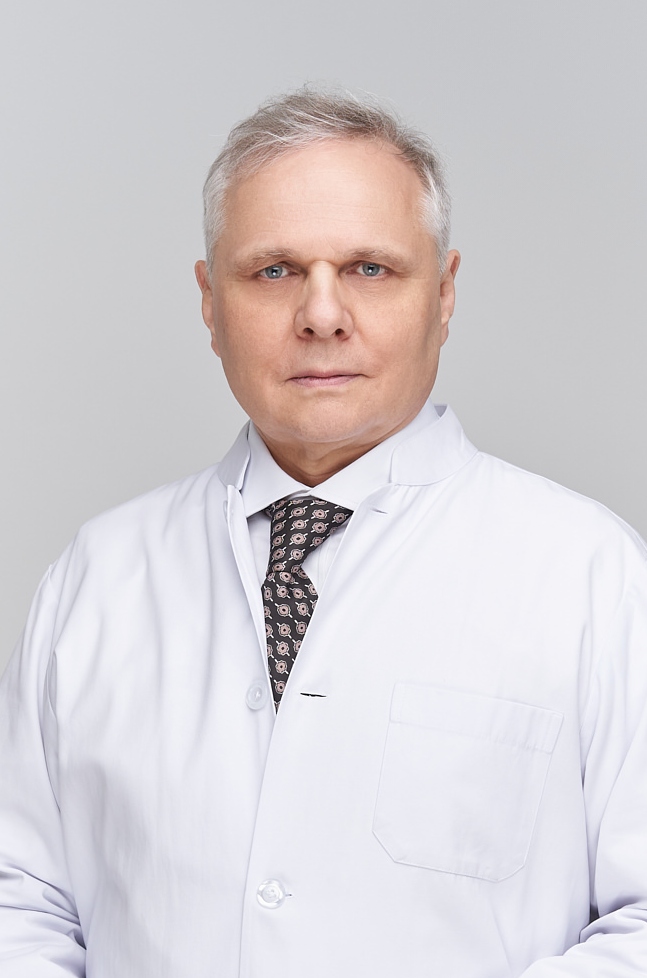
According to C.G.Jung Individuation is the ultimate goal of human life, enabling the exploration and realization of the full potential of the unconscious. Jung believed that the purpose of analytical psychology is to support this process by integrating the Ego (the conscious mind) with the Self (the totality of the psyche).
Individuation should not be confused with ego-centeredness or individualism. To fully grasp the concept, it is essential to understand Jung’s organization of the psyche. In Jungian psychology, the Self represents the totality of personality, encompassing both the conscious and the unconscious. The Self is superior to the Ego, as it connects to the collective unconscious and holds the shared knowledge of our species. Exploring the Self helps the Ego in achieving its most complete expression of individuality, freeing it from superficial or false identities. The process of Individuation in C.G. Jung psychology, also known as C.G. Jung Individuation, describes this journey of integrating the Self and achieving wholeness.
Jung’s Two Personalities and Concept of the Self
From an early age, Carl Gustav Jung experienced a strong internal division, sensing that his personality was composed of two contrasting parts. One side, which he later referred to as Personality No. 1, represented his everyday self—a schoolboy engaged in normal activities and social roles. The other, Personality No. 2, felt older, more contemplative, and disconnected from ordinary life. This side was deeply drawn to nature, and to the symbolic world of dreams and intuition.
Jung came to understand these inner figures not as pathological dissociation but as natural elements of his psyche. He observed that Personality No. 1 focused on rational thought and external reality, while Personality No. 2 was oriented toward introspection and a deeper, timeless understanding of existence.
As Jung pursued his career in psychiatry, he began to see that this dual structure was not unique to him. He proposed that everyone contains both elements, which he later conceptualized as the Ego (aligned with No. 1) and the Self (aligned with No. 2).
This realization formed the basis of one of Jung’s key contributions to psychology: the concept of individuation. He described individuation as a lifelong process in which the Ego gradually becomes aware of, and integrates, the broader aspects of the Self. Rather than being limited to childhood or early adulthood, Jung viewed personal development as a continuous journey that can unfold through all stages of life, including old age.
Initiation of Jung’s Individuation Process
In his thirties, Jung had become a successful and renowned scientist, a close collaborator of Sigmund Freud, and one of the leading figures of the psychoanalytic movement. However, following a painful and pivotal break with Freud in 1913, Jung chose to leave his academic career and focus on private practice. During this time, he experienced a profound psychological crisis resembling a psychosis. This marked a turning point in his life, as he gradually withdrew from public attention and shifted from an outwardly focused man to a more introspective individual. Over time, the aloof and prickly young man evolved into the wise figure of his later years, often referred to as the “old wise man from Küssnacht.”
In undergoing this transformation, Carl Jung embodied his own theories. The process was heralded, in typical Jungian fashion, by a dream in which the Germanic hero Siegfried was killed. Jung interpreted this dream as a sign that he was ready for an inner transformation.
The Siegfried Dream
C.G.Jung Individuation described the dream in his autobiography, “Memories, Dreams, Refections.”
On December 18, 1913, I had the following dream. I was with an unknown, brown-skinned man, a savage, in a lonely, rocky mountain landscape… Then I heard Siegfried’s horn sounding over the mountains and I knew that we had to kill him. We were armed with rifles and lay in wait for him on a narrow path over the rocks. Then Siegfried appeared high up on the crest of the mountain, in the first ray of the rising sun. On a chariot made of the bones of the dead he drove at furious speed down the precipitous slope. When he turned a corner, we shot at him, and he plunged down, struck dead.
Filled with disgust and remorse for having destroyed something so great and beautiful, I turned to flee, impelled by the fear that the murder might be discovered. But a tremendous downfall of rain began, and I knew that it would wipe out all traces of the dead…
When I awoke from the dream, I turned it over in my mind, but was unable to understand it. I tried therefore to fall asleep again, but a voice within me said, “You must understand the dream, and must do so at once!” The inner urgency mounted until the terrible moment came when the voice said, “If you do not understand the dream, you must shoot yourself!” In the drawer of my night table lay a loaded revolver, and I became frightened.
Jung’s Analyzis of the Dream
Then I began pondering once again, and suddenly the meaning of the dream dawned on me. Siegfried, I thought, represents what the Germans want to achieve, heroically to impose their will, have their own way… I had wanted to do the same. But now that was no longer possible. The dream showed that the attitude embodied by Siegfried, the hero, no longer suited me. Therefore it had to be killed. After the deed I felt an overpowering compassion, as though I myself had been shot: a sign of my secret identity with Siegfried, as well as of the grief a man feels when he is forced to sacrifice his ideal and his conscious attitudes. This identity and my heroic idealism had to be abandoned, for there are higher things than the ego’s will, and to these one must bow…
The small, brown-skinned savage who accompanied me and had actually taken the initiative in the killing was an embodiment of the primitive shadow. The rain showed that the tension between consciousness and the unconscious was being resolved. Although at the time I was not able to understand the meaning of the dream beyond these few hints, new forces were released in me which helped me to carry the experiment with the unconscious to a conclusion.”
Mandala, the Self and the Individuation

During his military service, C.G.Jung Individuation began drawing circular figures. He describes the process in his autobiography, MDR:
“In 1918-19 I was in Chteau d’Oex as Commandant de la Region Anglaise des Internes de Guerre. While I was there I sketched every morning in a notebook a small circular drawing, a mandala, which seemed to correspond to my inner situation at the time. With the help of these drawings I could observe my psychic transformations from day to day. Only gradually did I discover what the mandala really is: “Formation, Transformation, Eternal Mind’s eternal recreation.” …
I had the distinct feeling that they were something central, and in time I acquired through them a living conception of the self. The self, I thought, was like the monad which I am, and which is my world. The mandala represents this monad, and corresponds to the microcosmic nature of the psyche...
While I was working on them, the question arose repeatedly: What is this process leading to? Where is its goal? From my own experience, I knew by now that I could not presume to choose a goal which would seem trustworthy to me. It had been proved to me that I had to abandon the idea of the superordinate position of the ego….
When I began drawing the mandalas, however, I saw that everything, all the paths I had been following, all the steps I had taken, were leading back to a single point namely, to the mid-point. It became increasingly plain to me that the mandala is the center. It is the exponent of all paths. It is the path to the center, to individuation. During those years, between 1918 and 1920, I began to understand that the goal of psychic development is the self. There is no linear evolution; there is only a circumambulation of the self.”
Individuation Over the Course of Life
The first half of life is typically outward-focused, revolving around education, forming a family, and attaining social and professional stability. In the second half of life, attention shifts inward. Under favorable circumstances, this inward focus allows the individuation process to begin and unfold. Individuation is a journey of personal growth achieved by integrating the unconscious aspects of the psyche. Its goal is to enhance self-awareness, self-realization, and emotional maturity to become the person one truly is.
The other aspect of the individuation process, equally important, focuses on achieving greater autonomy. A person is meant to become an individual, liberated from parental complexes and, from collective standards. Becoming oneself thus also means becoming self-reliant. We are meant to be governed neither by the unconscious nor by the collective norms. To be liberated from the unconscious influances means, that we do not let our lives be determined by an archetype, without even realizing it.
C.G. Jung. Individuation. Summary
C.G.Jung Individuation experienced the unconscious as a living, constant companion of every waking and sleeping moment. For him, the secret of life’s meaning lay in relating to this mysterious power. The first sentence of his autobiography expresses this concern: “My life is the story of the self-realization of the unconscious.”
How can we enable the unconscious to realize itself? By granting it freedom of expression and then examining what it has expressed. Thus, self-realization requires the psyche to turn around on itself and confront what it produces. At its simplest, individuation involves separating oneself from collective influences, such as societal expectations and cultural norms, to discover and embrace one’s true personality, thus reaching full potential.
Individuation is not just an inner process of self-discovery; it is also about relationships with others. As Jung put it, a person cannot truly connect with others unless they have first developed a relationship with themselves. This idea—that individuation is both about becoming whole within oneself and forming meaningful relationships—is central to Jungian therapy. While wholeness may be an ideal we never fully reach, the process itself gives life purpose and meaning.

DR. GREGOR KOWAL
Dr. Gregor Kowal studied human medicine at the Ruprecht-Karls-University in Heidelberg, Germany, where he also earned his doctoral degree (PhD). He completed his specialization in Psychiatry and Psychotherapy with the Medical Chamber of Koblenz, Germany. In the following years, he held positions as Head of Department and Medical Director in various psychiatric hospitals across Germany. Alongside his clinical responsibilities, he served as a consultant expert for the Federal Court in Frankfurt, providing psychiatric evaluations in legal cases. Since 2011, Dr. Kowal has been working as the Medical Director of CHMC, the Clinic for Psychiatry and Psychotherapy in Dubai, UAE. His specialist training includes extensive expertise in biological psychiatry and psychodynamic psychotherapy.
Read More about Jungian Psychology
- Carl Gustav Jung. A Short Biography
- Psychology of Carl Gustav Jung
- The Collective Unconcious
- The Self
- The Archetyps
- Archetyps. The Redicovered Theory
- The Ego and The Persona
- The Shadow
- The Animus and The Anima
- The Archytypal Neurosis
- Jungian Psychology and the Brain Structure
- Brain Evolution and Psychology
- Synchronicity
- Jungian Dream Analysis
- Freudian and Jungian Models of the Psyche
- What is Psychoanalytical Psychotherapy
- C.G. Jung and Otto Gross
- C.G. Jung Psychological Types
- C.G. Jung’s Word Association Test
- The Spiritual Aspect of the Psyche (Jungian View)


